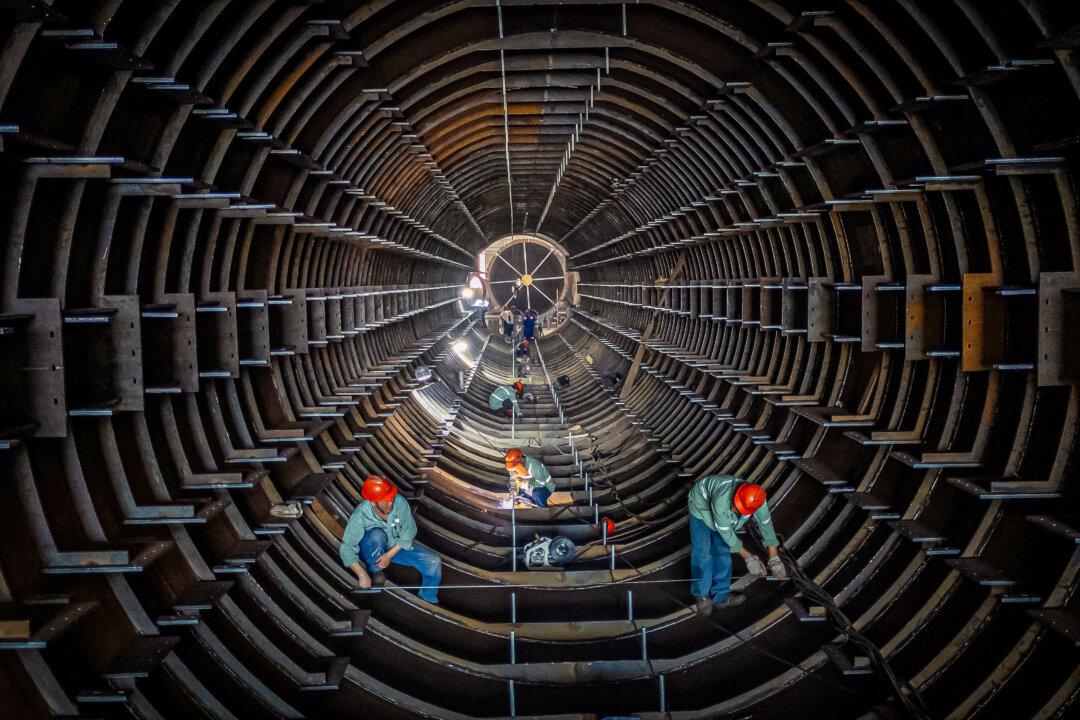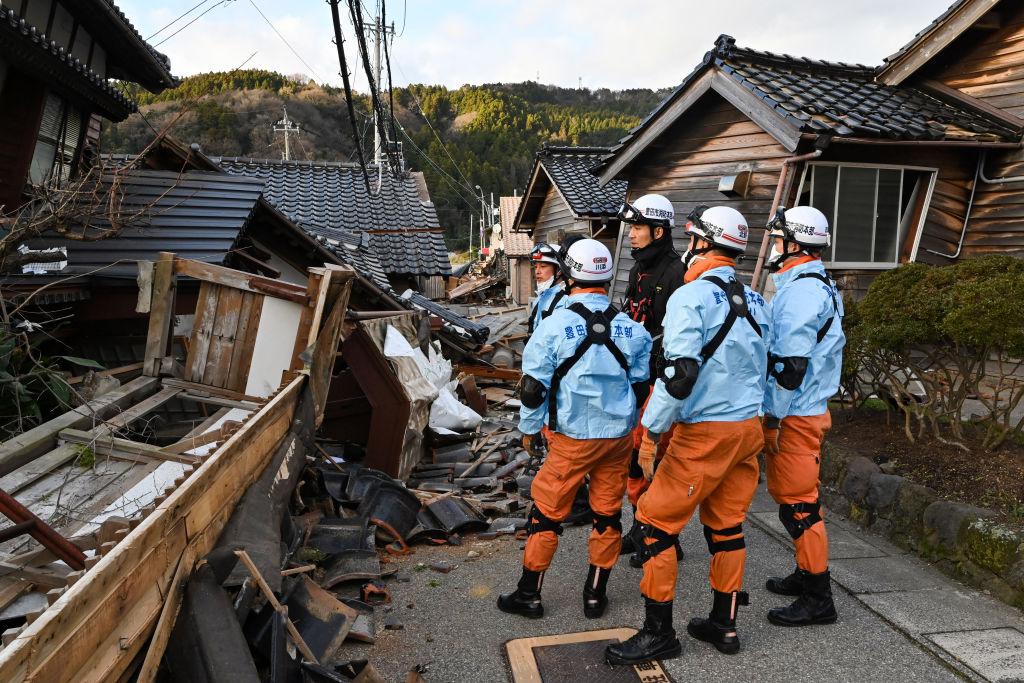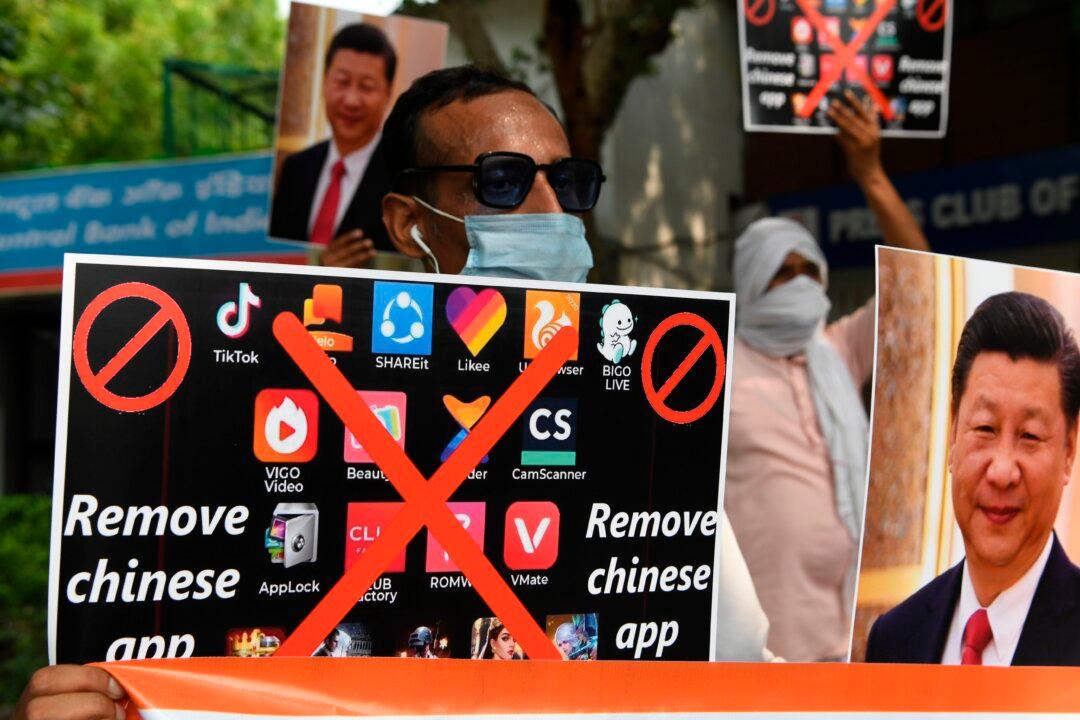During the first part of the last century, Argentina was among the top economies in the world with a level of prosperity that reflected the meaning of its name—the Land of Silver.
Following World War II, Argentina’s “silver” was eclipsed as it slipped into a form of socialism—“Peronism”—and a long period of poverty, but with the election of classical liberal economist Javier Milei as the nation’s new president, there are hopes that could be reversed.





